Coffee Farm Tour {Maui}featured
If you are a coffee lover, you no doubt have heard of Kona coffee, grown on the Big Island of Hawaii. Well, Maui is giving the Big Island a run for its cup o’ Kona. Maui has more than 50 coffee farms and over 500 acres in production. And, as I learned on my last trip, Maui’s coffee is like homegrown aloha in a cup.
To get a taste of both a small coffee estate and a commercial scale farm, Hua and I joined the “West Maui Coffee Tour” offered by Maui Country Farm Tours run by the lovely husband and wife team, Marilyn and Ricky Lopes. Marilyn is a doll, and Ricky, who was born and raised on Maui, will keep you entertained with all of his colorful stories.
We met by the old Banyan Tree in Lahaina (a true sight to behold – think magical tree in Avatar), and then we were off on our caffeinated adventure.
First up was Piliani Kope Farm where we met owners Greg and Susy Stille. When Greg and Susy retired, they decided to buy a 2-acre piece of land near the historic Launiupoko Gulch. As soon as we arrived, I could see why they decided to settle here. The property is perched 600 feet above sea level flanked by gorgeous ocean views on one side, and majestic mountains and canyons on the other.
The story goes, while on a hike of the surrounding area, Greg and Susy discovered old coffee trees bearing an heirloom variety coffee bean called Kanaka Kope. They picked the ripe cherries, pulped them, dried them, and milled them by hand, and began home-roasting them. And so began the adventures of Piliani Kope…
As Greg told us about their story and a bit about the process of coffee farming/roasting, we sampled some of their City Roast. It was the perfect thing to start our morning (City Roast and some of the tasty cookies Marilyn brought). Now, I typically like my coffee with a little cream and sugar, so I was bracing myself for some bitterness and preparing to gulp down the black coffee Greg handed to me, but what a surprise! A house blend of Yellow Caturra, Red Catuai, and heirloom Kanaka Kope (all grown on Maui), the City Roast was just wonderful by itself. I loved it. Lightly roasted (Did you know, light roasts have more caffeine than dark roasts?), it was balanced and bright, with a hint of toast and spice.
Sufficiently jacked up on coffee and oatmeal raisin cookies, we then took a tour of the organic permaculture-designed grounds.
The farm is small, but it is designed with care and is an incredible example of sustainable, symbiotic farming at work. The orchards are terraced with an irrigation system and filled in with cover crops that all do their part. Inga and Koa trees provide shade and help protect the coffee trees from powerful winds, Pigeon Pea and Nasturtium bring nitrogen and nutrients to the soil, and daikon help aerate the soil and funnel water deep into the ground to the trees’ roots.
We got a taste of fresh cacao – it comes in these big orange pods, and when you open it up, the cacao beans are white and slimy, and kind of alien-like. They taste tart and sweet, and have a texture that like slippery lychee. Whoever came up with chocolate from this stuff is a genius.
We caught a glimpse of the farm’s massive composting system, swung through the nursery of baby seedlings (the farm got hold of a varietal called Geisha, which recently sold for $81.50 a pound at a coffee auction! I’m in the wrong business…), and saw the early plans for an aquaponics system to come. With all the knowledge exuding from Greg’s head, we couldn’t believe that he wasn’t always a coffee farmer. Oh yeah, did I mention that he is also president of the Maui Coffee Association? This is one busy retired man.
After a break for lunch, and a cold-brewed coffee pick-me-up, we headed to the barn to get a lesson in roasting. We put the 80,000 BTU roaster to work.
Throughout the process, Greg would pull out a sample for us to smell. The progression and range of scents was incredible. The beans went from smelling like wet grass/hay to baked bread, toast, then caramel notes, and finally chocolate tones. Soon the entire barn was full of heavenly aromas.
Then, they put me to work. The coffee got weighed out, bagged, vacuum-sealed, and clipped.
Don’t worry, they paid me in coffee. I’ll take it.
And that was that. From start to finish, we got to experience Maui homegrown coffee.
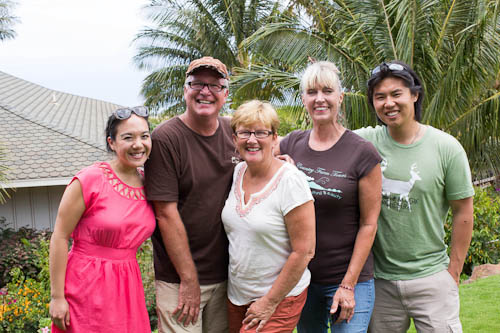
Hua and me with Greg and Susy Stille (Piliani Kope Farm)
and Marilyn Jansen Lopes (Maui Country Farm Tours)
Greg and Susy have built themselves a truly special place at Piliani Kope Farm. If you find yourself in Maui, do yourself a favor and pay them a visit. They will pour you a fine cup of coffee and undoubtedly impress you with their passion for what they do.
Next, for a taste of Maui coffee on a much larger scale, we visited the sprawling Ka’anapali Coffee Farms located on the West Maui Mountains, where 500 acres of coffee are cultivated for MauiGrown Coffee.
The Ka’anapali Estate was established by the Pioneer Mill sugar company in the early 1990s as a diversified agriculture project. The company took 500 of their 6,000 acres dedicated to sugar cane production, and converted it to coffee orchards. They planted 28 different varieties of coffee to determine which would grow best, and decided on 4 varieties of Arabica coffees.
Here’s how MauiGrown Coffee describe the flavors of each bean:
- Maui Mokka: the “champagne of coffees” fused with a range of chocolate tones
- Yellow Caturra: vibrant, clean, crisp, with spicy tangy aroma
- Red Catuai: the “cabernet of coffees” with rich, nutty, and buttery characteristics
- Typica: gentle floral aromas with a smooth, seductive finish
The most famous of the four is the Maui Mokka, which is not commercially grown anywhere else in the world. The bean is smaller than most, making it much harder to farm, but a wealth of flavor is packed into that tiny package.
In 2001, Pioneer Mill and the Ka’anapali Estate shut down, but two years later, James “Kimo” Falconer revived the coffee farm and created MauiGrown Coffee, the only major producer of 100% Maui origin coffee in the world.
The land that makes up Ka’anapali Coffee Farms is now subdivided into farm lots that are available for sale to the public. On each lot, 1 acre can be used for a home and the remaining acreage is reserved for coffee farming, which Ka’anapali Coffee Farms maintains and harvests.
So…if you ever wanted a coffee farm without having to do all the work, this is your chance. The view is pretty awesome.
After seeing where the coffee started, we sampled the finished products at the MauiGrown Coffee Company Store back in Lahaina. It’s always a treat to enjoy something after seeing where it comes from. Appreciating the context, history, the steps along the way to creating it just makes it taste better.
Experiencing Maui through its coffee was such fun! Definitely put this on your itinerary if you love coffee and are into unique food experiences. Special thanks to Maui Country Farm Tours for putting together such a memorable tour!
P. O. Box 278
Makawao, HI 96768
808-283-9131
Twitter: @MauiFarmTours
Facebook: Maui Country Farm Tours
Piliani Kope Farm
15 Wailau Place
Lahaina, HI 96761
808-661-5479
Twitter: @PilianiKopeFarm
Facebook: Piliani Kope Farm
MauiGrown Coffee Company Store
277 Lahainaluna Road
Lahaina, HI 96761
808-661-2728
Facebook: MauiGrown Coffee


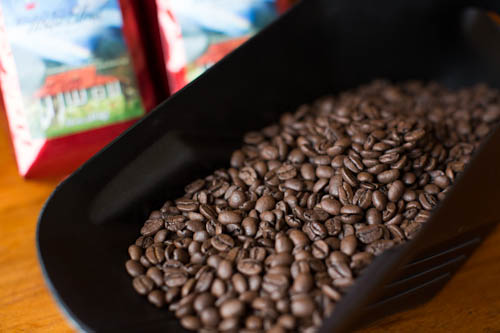
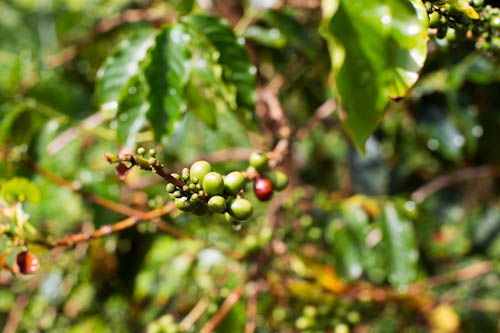
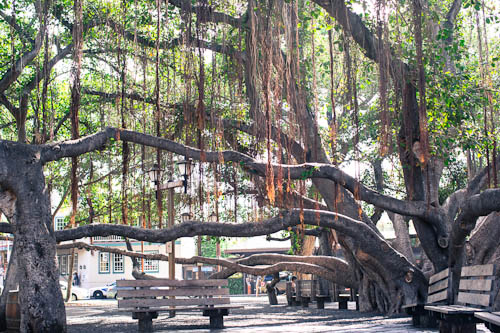
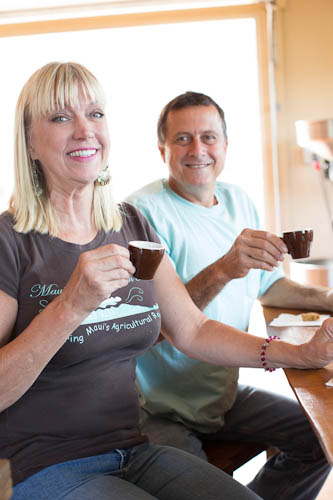
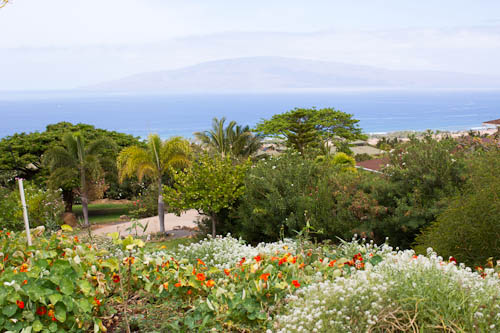
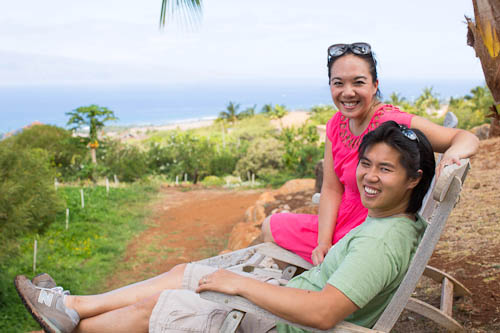
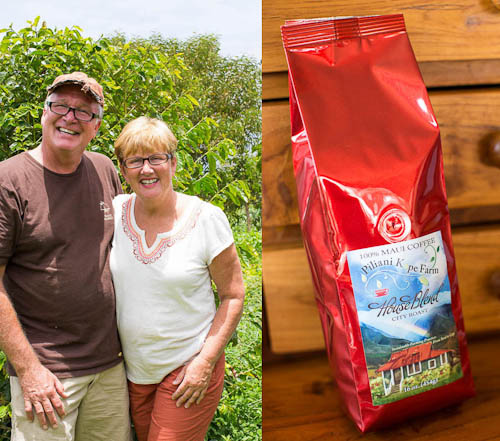
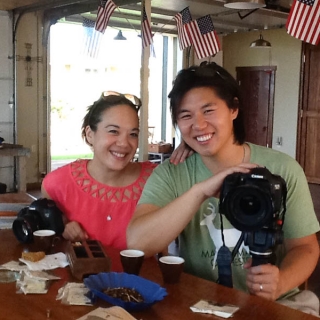
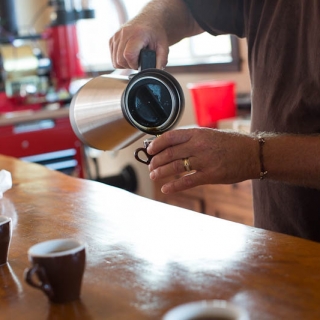
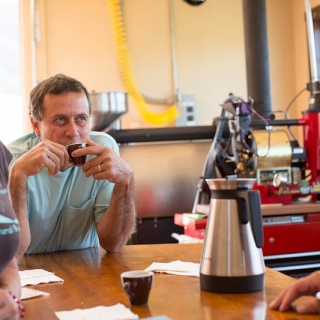
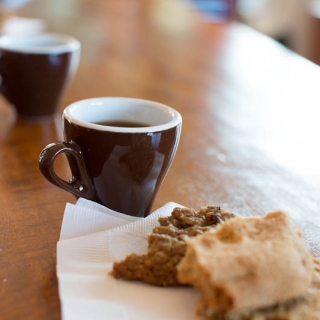
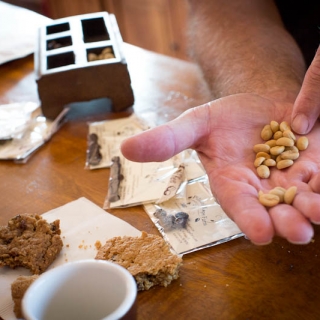
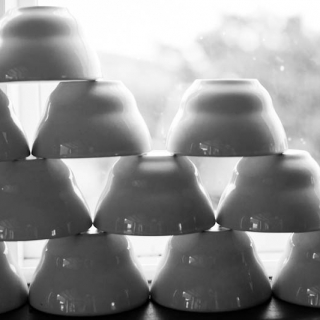
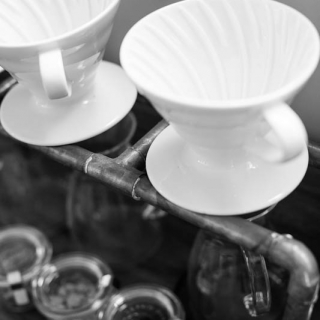
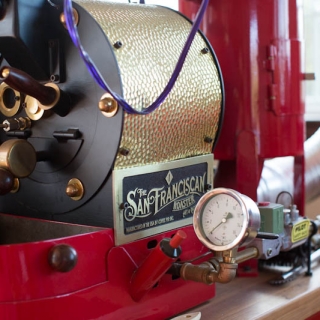
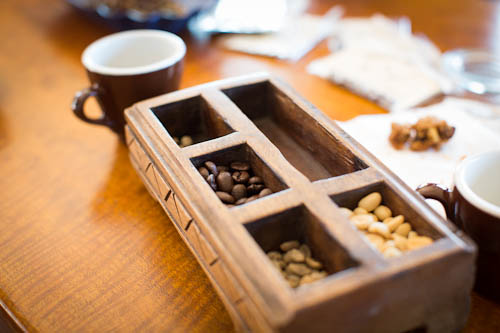
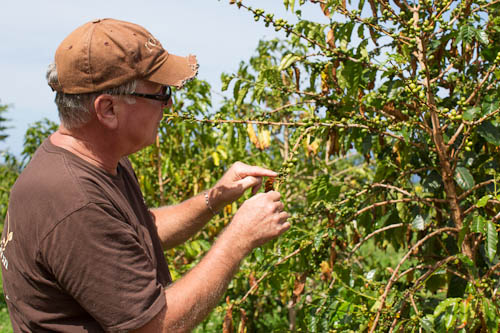
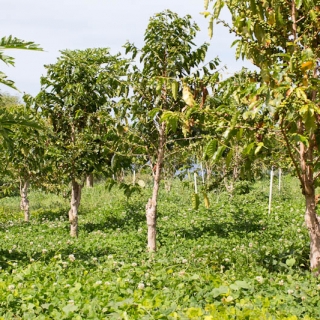
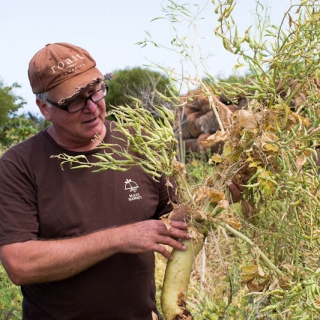
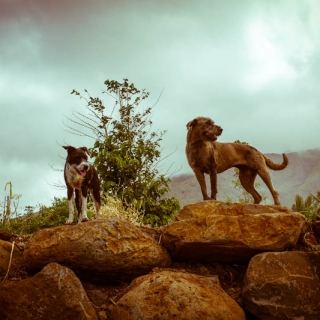
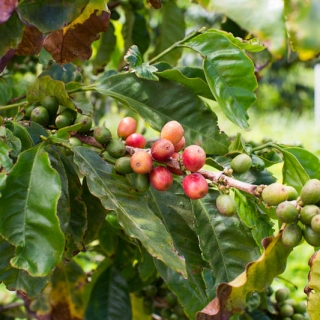
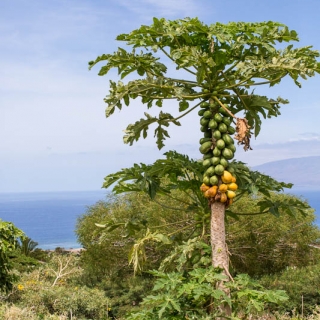
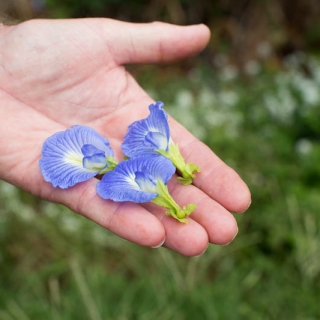
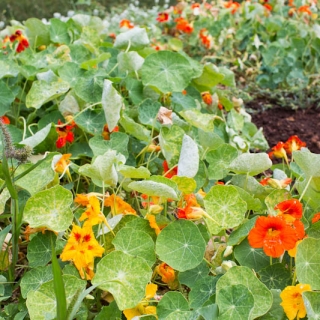
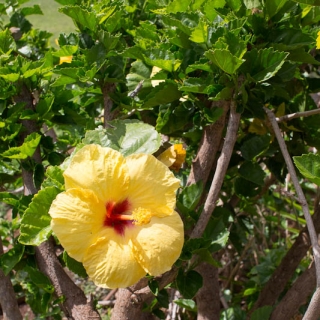
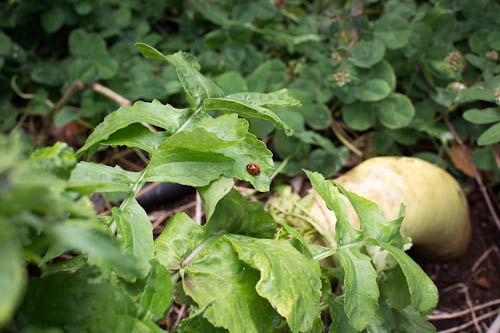
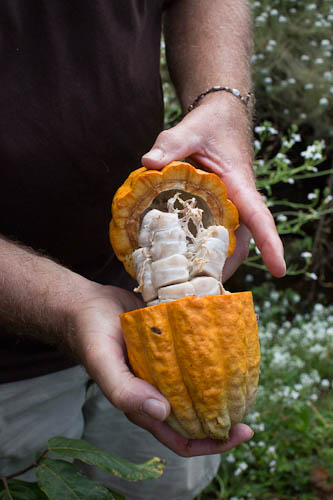
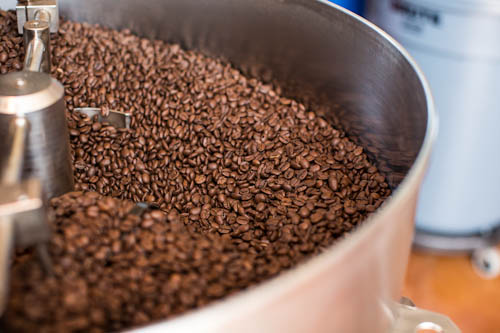
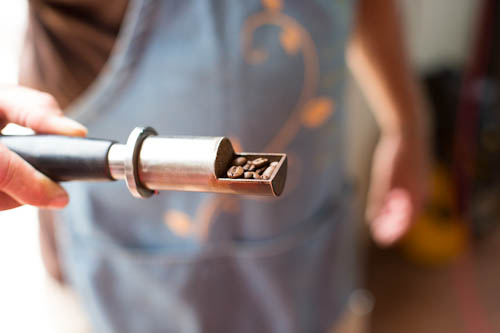
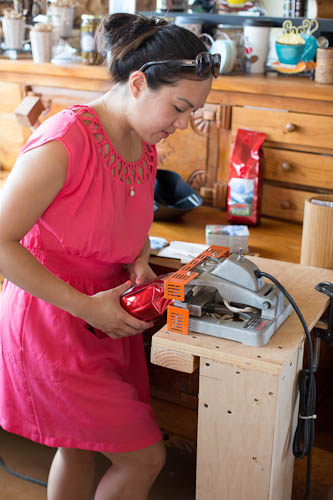
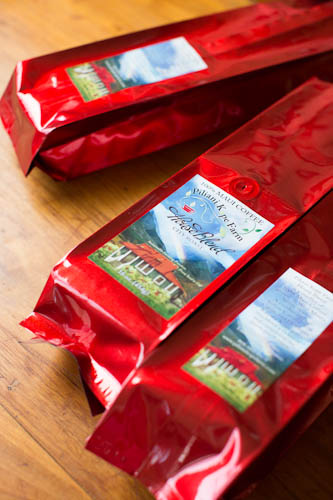
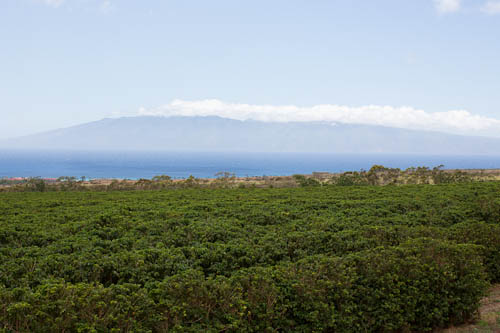
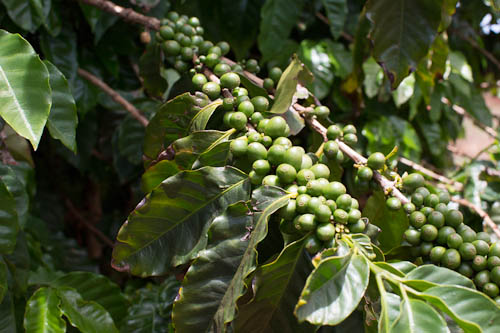
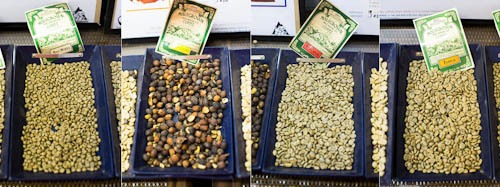
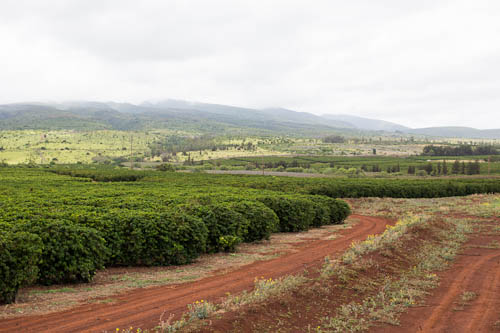
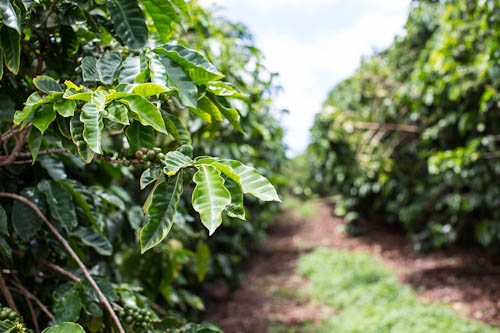
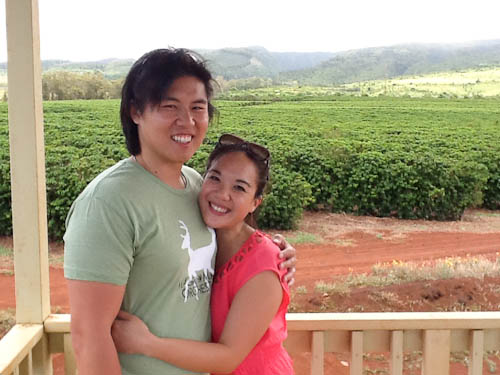
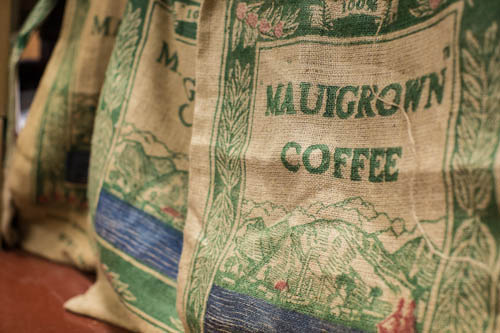
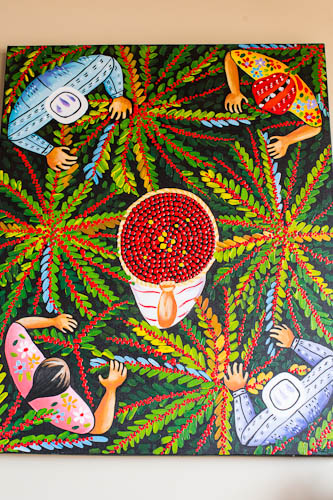
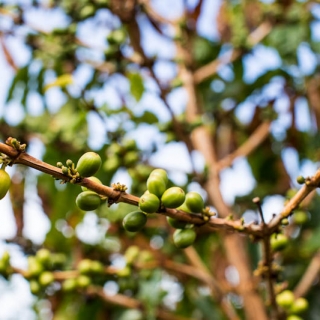
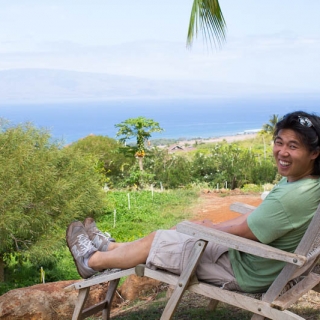
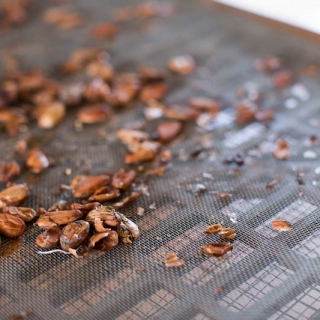
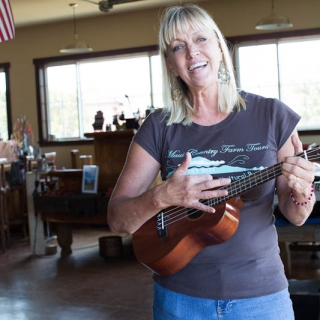
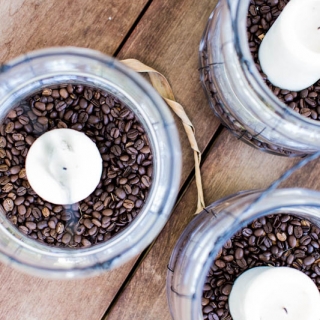
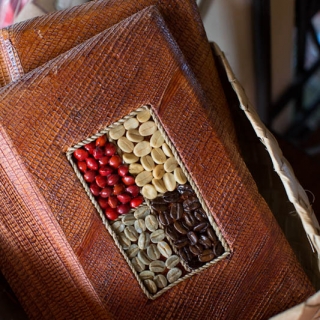
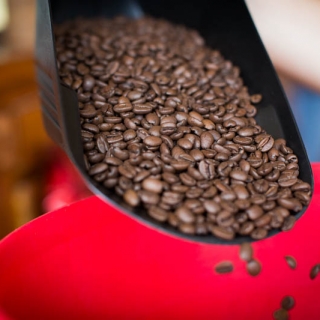
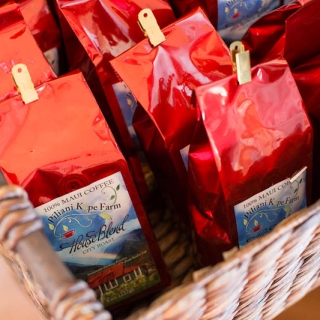
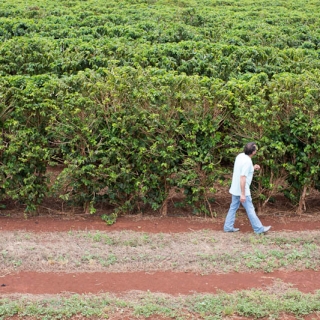
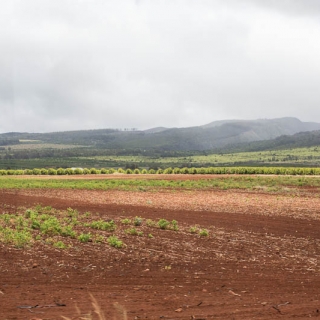
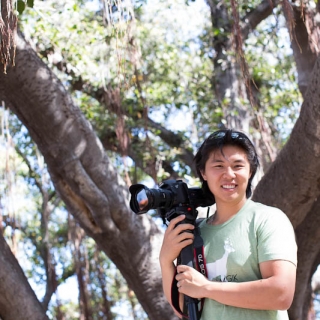
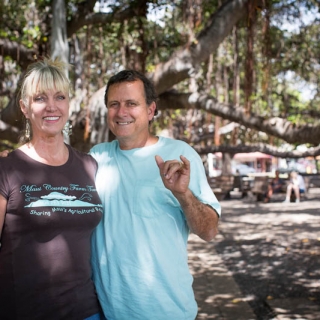

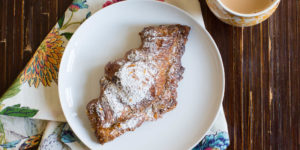
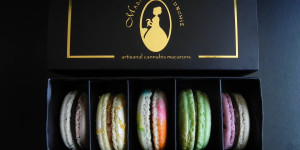
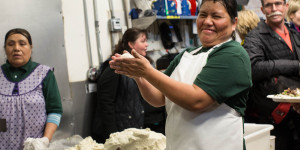

Add comment